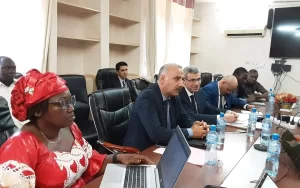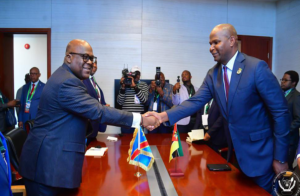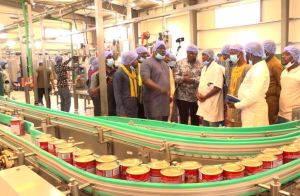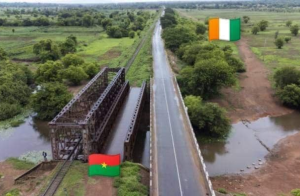Nigeria / Regional diplomacy: Ghana promotes closer ties between ECOWAS and AES
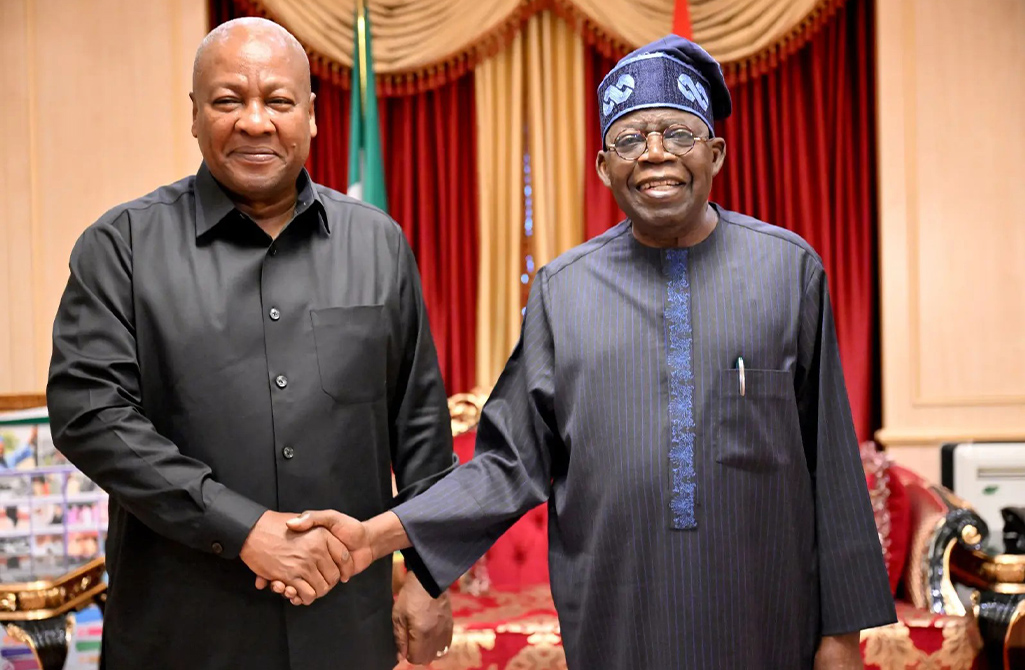
In a notable diplomatic initiative, Ghanaian President John Dramani Mahama is making significant efforts to rebuild bridges between ECOWAS and the Sahel States Alliance (AES). After a series of key meetings with the leaders of Mali, Niger, and Burkina Faso, the Ghanaian Head of State traveled to Abuja on Thursday for a strategic discussion with Nigerian President Bola Ahmed Tinubu.
This visit to Nigeria, following a three-day tour of the AES capitals completed on March 10, is part of a broader regional mediation effort. “Our discussions focused on strengthening our economic community and the need for coordinated action against terrorism”, Mahama shared after his meeting with Tinubu, while emphasizing the strong ties between Accra and Abuja.
The Ghanaian President, who had welcomed Tinubu as a guest of honor at his recent inauguration, is now acting as a facilitator in a tense geopolitical context. His trip to the Sahel allowed him to lay the foundation for pragmatic cooperation with the AES countries, formalized through several agreements in energy, infrastructure, and security.
“The goal is to establish constructive relations between our different regional organizations”, explained an anonymous Ghanaian presidential advisor. This approach aims to protect shared economic interests while keeping communication channels open, despite the official withdrawal of Mali, Niger, and Burkina Faso from ECOWAS last January.
With this dual approach – toward both the AES and Nigeria, a heavyweight within ECOWAS – Mahama is skillfully positioning Ghana as an essential mediator in the reconfiguration of West African alliances. His efforts reflect a determination to preserve regional stability while recognizing the new geopolitical realities resulting from the creation of the AES.
This active diplomacy from Ghana comes at a pivotal moment for West Africa, as the region faces unprecedented security and economic challenges. Mahama’s ability to maintain dialogue between the different blocs could shape the future of inter-regional relations in the months to come.








